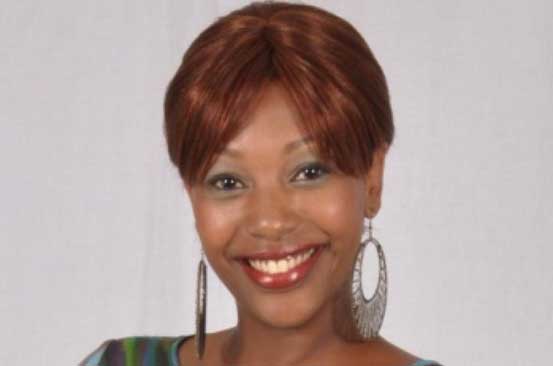×
The Standard e-Paper
Smart Minds Choose Us

NAIROBI: When television host Janet Kanini Ikua took to Facebook two weeks ago to announce that she had been diagnosed with stage-four lung cancer, Kenyans reacted overwhelmingly, expressing best wishes and offering to contribute towards settling her medical bill.
Janet’s case illustrates the instant support system that users of Facebook and other social media outlets offer to people in distress.